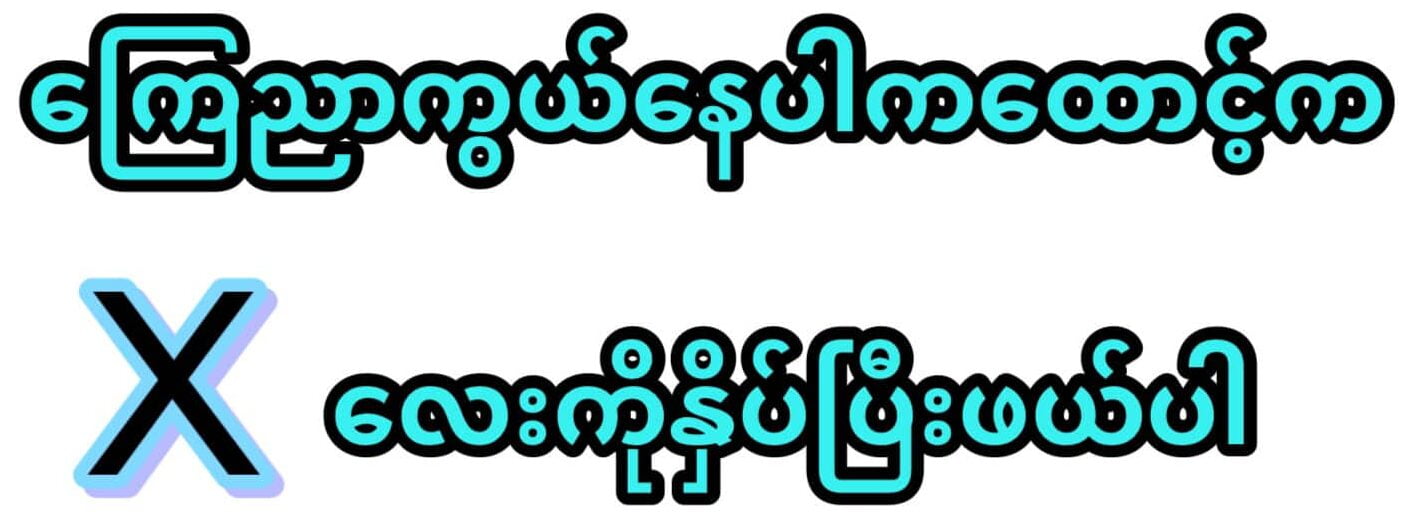According to the organization that represents labor unions, artificial intelligence-powered systems are now making judgments that are “high-risk, life-changing” about the lives of workers. These decisions include line-managing, hiring, and terminating people.
But the new law will “dilute” the protections that are already in place, it stated.
It has been stated by the government that the assessment made by the TUC was “wrong” and that protections will continue to be in place.
“Artificial intelligence is set to drive growth and create new highly-paid jobs throughout the UK, while being able to allow us to carry out our existing jobs more efficiently and safely,” said a spokeswoman for the company, stating that the company was committed to enhancing and preserving workers’ rights.
“That is why we are working with businesses and regulators to ensure AI is used safely and responsibility in business settings.”
The field of computer science known as artificial intelligence is responsible for the creation of machines and software that are capable of performing tasks that would typically require humans to carry them out. Some examples of these tasks include speech recognition and decision-making.
Concerns have been expressed by a number of scholars regarding the application of artificial intelligence (AI) in the workplace, specifically with regard to recruitment tools that make use of audio and video to evaluate a candidate’s fitness for a job. They say that the systems don’t adhere to scientific principles and contain biases.
In order to determine whether or not individuals are suitable for employment, the TUC reports that artificial intelligence is being utilized to analyze facial expressions, tone of voice, and dialects.
It claims that if artificial intelligence is allowed to go unchecked, it could lead to increased discrimination in the workplace. The use of tools that analyze facial expressions, for instance, may put candidates or employees with specific disabilities at a disadvantage.
Some of the companies that are promoting artificial intelligence technologies, on the other hand, say that computer systems will be able to make conclusions that are more objective than people alone.
“at the recruitment stage in things like CV sifting, but then beyond that in team allocation, allocation of work, disciplinary measures, right through to termination of employment,” said Mary Towers, an employment rights policy officer at the Trades Union Congress (TUC), in an interview with the BBC. The research had found that AI tools were used in a variety of industries.
“We found evidence of AI powered tools being used in all the different ways in which you would expect a human manager to carry out functions at work,” explained the researcher.
The term “unrealistic targets”
There is also the possibility of using AI systems to monitor employee performance, which can occasionally result in automated choices that essentially terminate employees.
The TUC is concerned that AI can “set unrealistic targets that then result in workers being put in dangerous situations that impact negatively on their both physical health and mental well being” .
An increasing number of employers are mandating that their employees wear gadgets that capture data about their activities, which may then be analyzed. AI policy campaigners Connected by Data were informed by a warehouse worker that this meant that if they took an excessive number of toilet breaks, it would be reported, and they would be required to provide an explanation as to why they were not engaged in their task.
In its white paper on artificial intelligence, which was published less than a month ago, the government suggested that regulation of the technology be distributed over a number of different current authorities rather than the establishment of a single new body.
In accordance with the Trades Union Congress (TUC), the paper provided regulators with only “vague” and “flimsy” guidelines on how to ensure that artificial intelligence is utilized in an ethical manner in the workplace, as well as “no additional capacity or resource to cope with rising demand.”
It was also stated that the Data Protection and Digital Information Bill, which received its second reading on Monday, may weaken many of the protections that are already included in the statute that governs data protection, including the right to human review of decisions that are made by automated systems.






